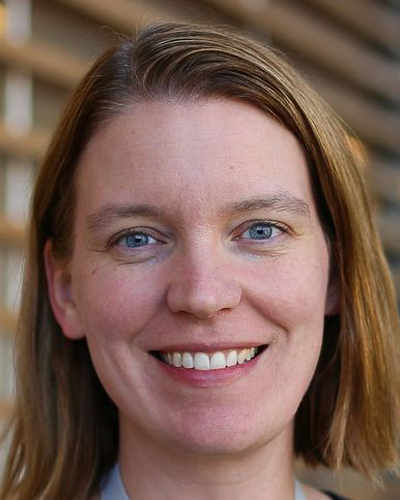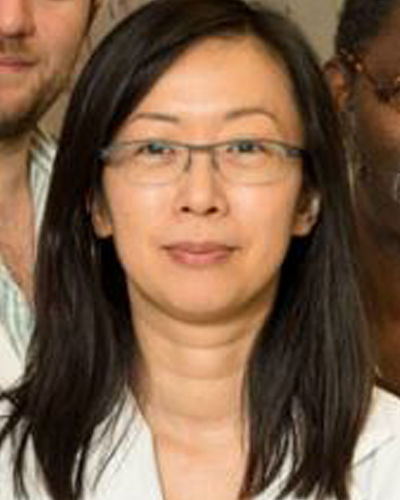Join the Machine Learning in Medical Imaging Consortium (MaLMIC) for a networking opportunity
Monthly Virtual Forum Series on Zoom
Friday, September 17, 2021
3:30 to 5:30 p.m. EDT
Annette Hay, a hematologist and clinician-scientist, talked about the ExCELLirate platform followed by two researchers, Tricia Cottrell and Alison Cheung, described their immunotherapy imaging machine learning research. This was followed by discussion focused on lessons learned, opportunities to collaborate and sharing of resources.
Monthly Virtual Forum Series on Zoom
Friday, September 17, 2021
3:30 to 5:30 p.m. EDT
Annette Hay, a hematologist and clinician-scientist, talked about the ExCELLirate platform followed by two researchers, Tricia Cottrell and Alison Cheung, described their immunotherapy imaging machine learning research. This was followed by discussion focused on lessons learned, opportunities to collaborate and sharing of resources.

Cell therapy: Progress and Problems
Annette Hay, MD
Senior Investigator, Canadian Cancer Trials Group
Talk summary: Adoptive cell transfer involves taking a patient’s immune cells from their blood and modifying them in a lab so they can target cancer cells more effectively — enhancing the patient’s immune system to fight their cancer. Chimeric Antigen Receptor (CAR) T-cell therapy has successfully treated children and adults with forms of blood cancers that have been resistant to other therapies. There is growing evidence that engineered immune cells have the potential to be more broadly applicable in other diseases. Annette Hay summarized the exciting progress in cell therapy to date, as well as some of the outstanding problems to address.


Neoadjuvant PD-1 Blockade in NSCLC and Beyond
Tricia Cottrell, MD, PhD
Assistant Professor, Queen’s University
Talk summary: Neoadjuvant anti-PD-1 may improve outcomes for patients with resectable non-small cell lung cancer (NSCLC) and provides a critical window for examining pathologic features associated with response. Unique features of immune-mediated tumor regression including immune activation, massive tumor cell death, and tissue repair. Multiplex immunofluorescence is a powerful new approach for characterizing the tumor immune microenvironment.


